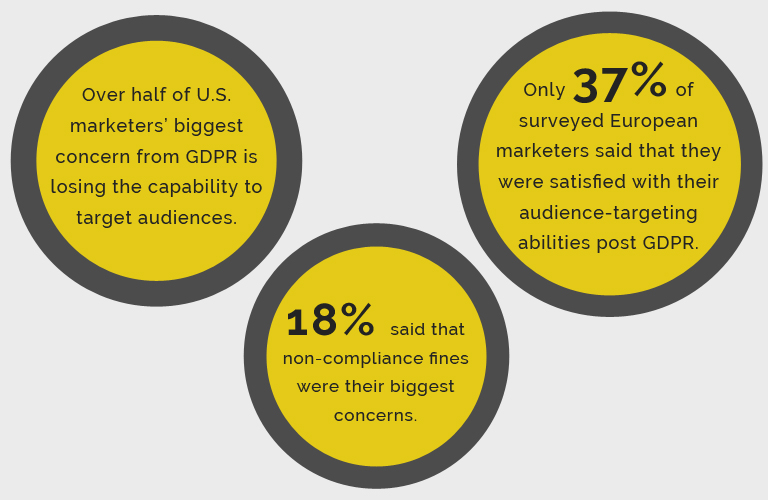
May 25, 2018, marked the enforcement of GDPR and the event caught several digital publishers off-guard who weren’t expecting the proposed radical reforms being implemented at such a short notice. Although the implementation of GDPR will gradually intensify across the globe, digital publishers will also accordingly need to change their stance on EU user data. The short-term impact of GDPR hasn’t been encouraging for publishers so far. As per a study by Digiday, Marketers’ most common concern about GDPR is the decreased ability to target consumers. This strict stance by EU lawmakers has pushed publishers to reconsider their audience targeting strategies.
Here is what digital publishers can do to cope up with GDPR.
Extend a crystal clear choice to the customer:
With GDPR enforced, customer consent matters more than anything else, so prior to collecting any customer data, it is necessary to seek their consent. Another thing that one must be careful about is the transparency in doing so. Try to avoid ambiguous language that a customer may not understand and try to get across your message in a clear and concise manner. The main motive is to offer a choice rather than to coerce a customer into sharing their data.
Stop acting as a custodian of customer data
Are you running a digital publishing platform? You must be able to identify which of your customers have consented to share their data in exchange for your products and services. Also, your subscribers must have the means to revoke their consent at any time. The customer should be able to gain access to their data which that is stored in your company’s database.

(source-digiday)
Remove customer data when it isn’t needed anymore
If a subscriber ends their subscription with your digital publishing platform and refuses to renew their subscription, its time to remove their data from your possession. Keeping ex-subscriber data must be avoided, although it might be tempting to sell customer data to the highest bidder, the customer has the right to know for what purpose their data is being used. To avoid any further trouble, it is better to remove customer data that is not in use.
Update your privacy policy
Customers have been frequently coming across “privacy policy updated” notifications on different websites and through targeting emails. It is because everyone dealing with EU customers data is required to document their privacy policy showing that it falls well within GDPR and also elaborates to the customer about the conditions under which a company may ask for customer data and the purpose for its use. If you haven’t notified your audience about the change in your privacy policy, it is time to do it as soon as possible.
No doubt marketing and targeting ads aren’t as simple as before, but for now, companies need to get used to the framework of GDPR and improve communication with their audiences in order to secure better chances of earning revenue.
Get in touch!
Wondering how to manage your publications and make them marketable? Our publishing platform – OneRead will get it done for you. Feel free to write to us at info@one-read.com




